Top Five Tips to Reduce Expenses and Improve Your Trucking Business
Reduce Expenses, Expand Your Business

In growing your trucking company, we often find that the key is in the little things. It's critical to reduce truck fleet costs as much as possible while still completing deliveries efficiently to run a profitable trucking business. This isn’t impossible, it simply requires paying a bit of attention to the little details of your business; managing the operational costs of truck fleets implies looking at trip routes, truck maintenance, fuel cost, third-party services, and budgets. There are probably areas where you may eliminate unnecessary expenses from the calculation.
TRIP ROUTES
The strategizing of fleet routes is the most direct way to save large sums of money for trucking companies. Determining the most effective route from point A to point B implies looking beyond having trucks dispatched along main routes, the amount of stops along the way is also a major consideration. Fleet managers rarely take the time to notice these little details, but the reward of doing so will reap great operational cost savings in your fleet.
Shorter more effective routes won’t just get your load delivered quicker, but will also conserve fuel, reduce gas emission, and importantly it will reduce engine wear and truck maintenance. You’ll find that these alternate routes will often carry less traffic; this will also reduce the odds of an accident and will also improve the idling time your fleet spends.
Idling time is extremely important to note, a mere ten seconds of idling will burn the same amount of fuel it takes to restart the engine. Idling is one of the most wasteful habits drivers have. Unless a truck is stuck in traffic or stop light, there is no other reason a truck ought to be idling. This habit can dramatically increase engine wear and fuel consumption. Starting the engine several times along your trip, stops will be less taxing on your truck than idling will be. When planning the fleet’s routes, keep in mind the number of stops they will have. Route planning is now easier than ever with several routing apps out, there is no excuse.
TRUCK MAINTENANCE
When not the proper attention, your fleet’s maintenance cost will quickly add up and could be the reason you can’t get back on the road. There is much to be said about maintenance than what we could cover in a few paragraphs, but the point being made here is that this is another major way you can reduce your trucking company’s operational cost. From batteries, tires, and air filters to oil changes, gearbox inspections, and fifth wheel tune-ups; countless things could go wrong, wear out or breakdown on your way to the next load delivery.
Maintaining a proper checklist, and a routine of inspection schedules will help you assure your truck in is its best shape possible. Getting on the road with a truck that has not properly been maintained represents a threat to your budget, not just in potential repair costs, but in potential accidents, higher insurance rates, and late deliveries; any of these will significantly affect your trucking company’s cash flow.
FUEL COST
Both tips above are directly connected to the reduction of your trucking company’s fuel cost. Your fleet will save money on fuel when you consider every factor that improves fuel consumption. Here are a few tips and tricks to reduce fuel consumption. Make sure your driver is taking the shortest routes, avoiding idling, and driving at the speed limit. The American Trucking Associations also known by its syllables ATA, conducted studies that show that a semi-truck at a speed of 75mphs will consume up to 27% more fuel than if it were to be driving at 65mphs.
Use fuel cards whenever available, this can help save you money every time you fuel, it will also help you keep an easier track of fuel expenses, and many times they deposit the money for these upfront when working with a financial institution. Do whatever possible to reduce the weight of your trucks. Truly analyze whether a certain accessory is adding or subtracting to the truck efficiency. They typically accept that ten percent less weight could mean up to ten percent less fuel consumption.
The tire pressure of the truck’s wheels is very important and directly correlates to fuel consumption, every ten psi of air pressure that your tires drop equals up to one percent more fuel burned. Finally, reducing the trailer gap, going from a 45” to a 25” adds a 2% efficiency to the fleet’s fuel consumption.
THIRD-PARTY SERVICES
In the best organizations, you will find a trend of focusing on their strengths and delegating their weaknesses to specialized companies. It is best to focus on fleets, fielding orders, timely deliveries, and so on, for other office duties such as hiring drivers, and your accounts receivable it is best to allow a third-party entity to handle it. At Atlas Factoring, we will take care of the accounts receivable for the invoices you sold us. Not just will you have that invoiced paid out to you almost always on the same day, but you will also be able to track it throughout your dashboard. Find out more about it here.
BUDGETS
Your company will always benefit from keeping track of expenses, especially when many of these changes weekly. At the close of each month, it is crucial to give yourself a comprehensive examination of your budget, and how it was spent. If a company’s bottom line is not up to par, the initial reaction may be to take on more loads to improve account receivable; however, the most accessible response is to analyze your budget and create a cost-cutting strategy. If at the end of the month you find yourself with your bottom line being a bit too close tight, Atlas Factoring can help you relieve the strain on your cash flow with invoice factoring. Get a thirty-minute consultation here, apply for same-day funds here, and get ahead on your way to a successful trucking company.
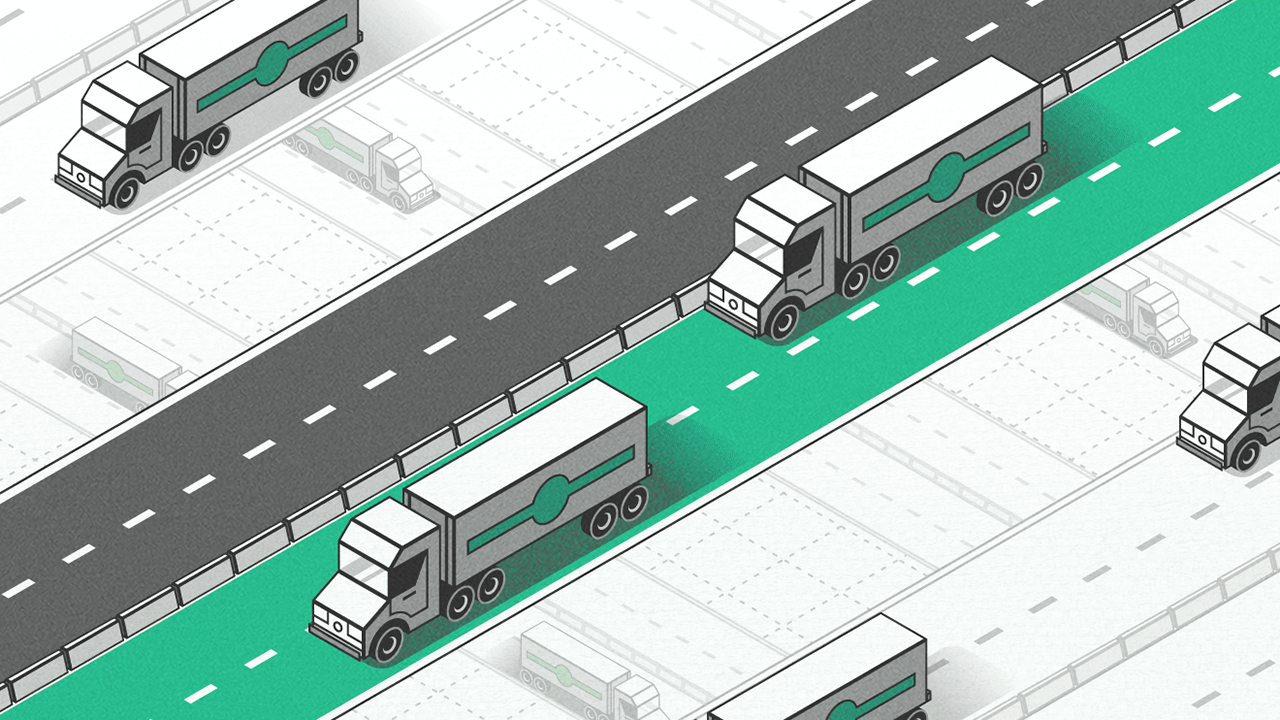





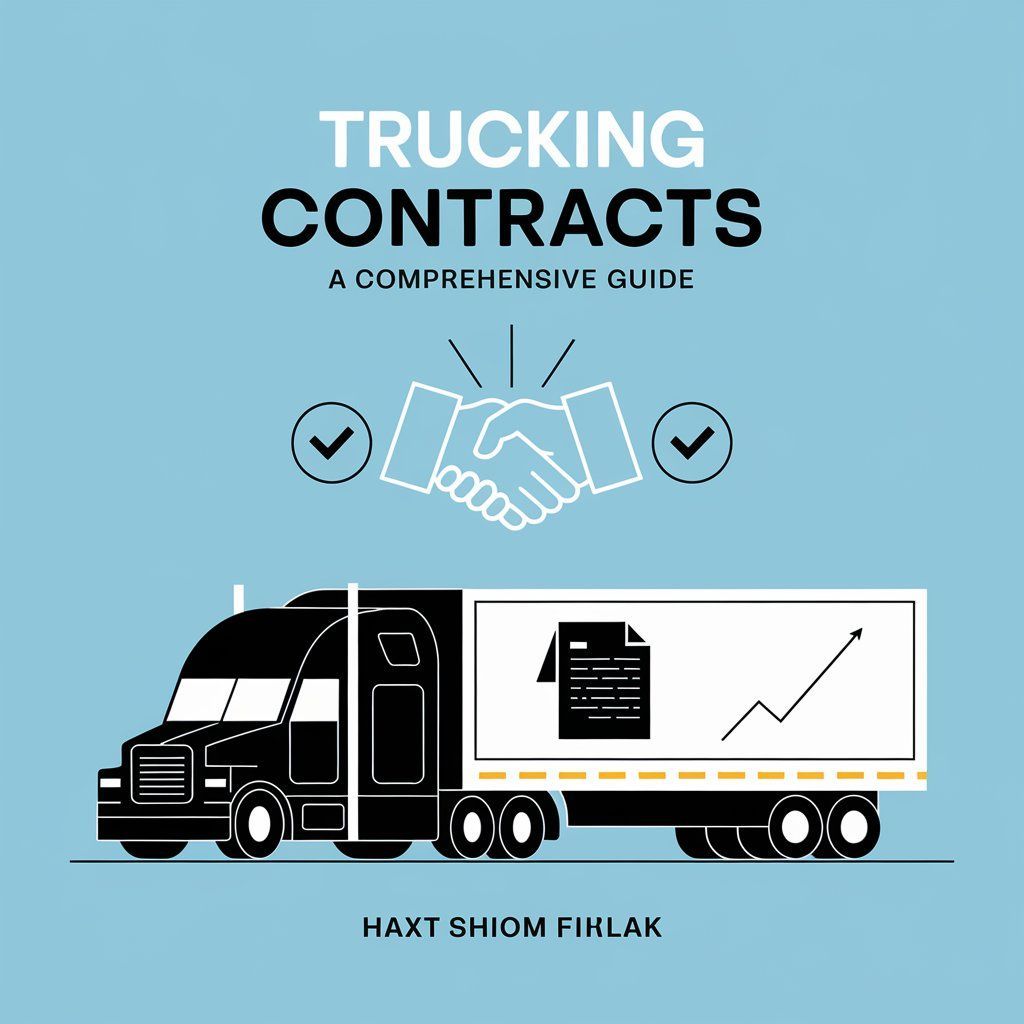
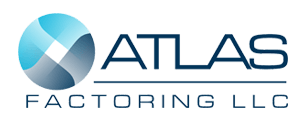
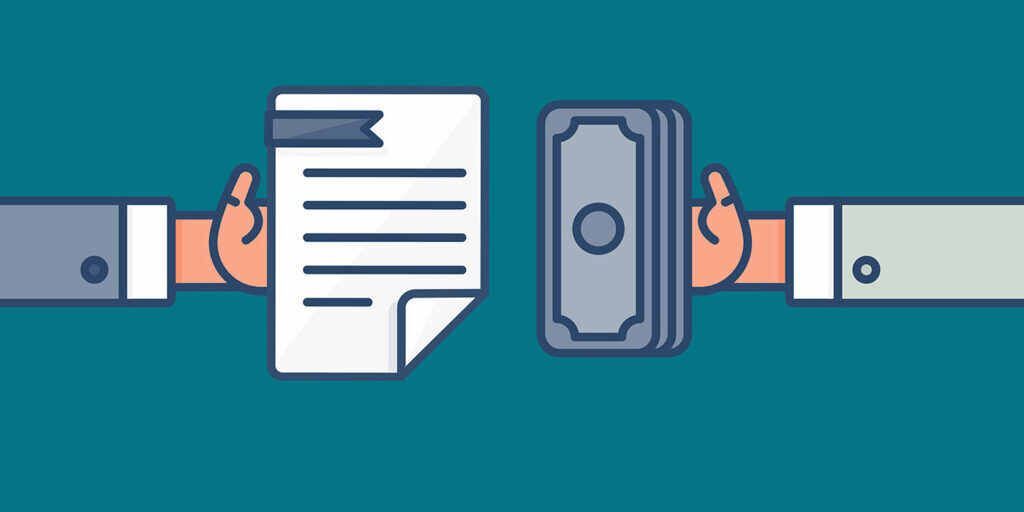

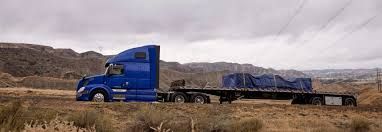
Share On: